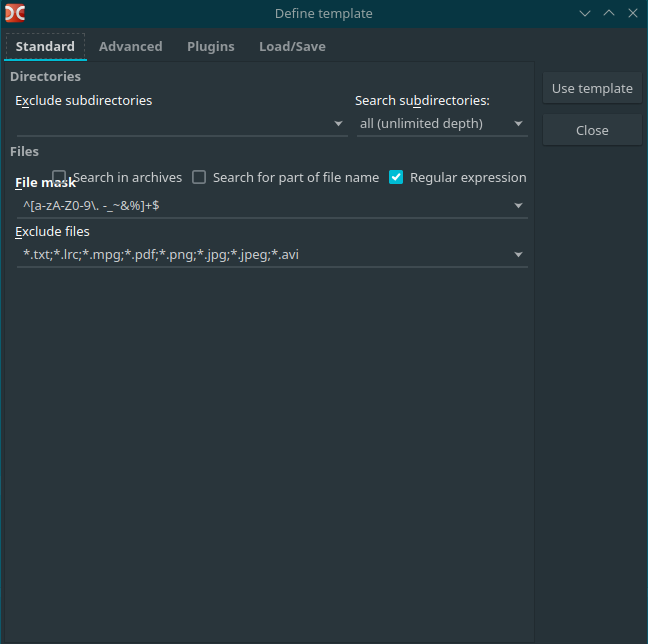I'm not familiar with the TRegExpr engine and its quirks, so I could be wrong about some or all of this, but let's try anyway:
The characters in the brackets describe a set of characters, but without any quantifier after the brackets, they will only match a single character. If you want to match an entire string, you should begin the regex with a ^ character (which means "start of string" when outside brackets), have a quantifier such as * or + after the list and then end it with $ ("end of string").
The ^ character reverses the list, so it will match any characters not in the list. This may be what you want (i.e. to copy all the files that matches because they do not contain the characters in the list), but I feel that it should be mentioned.
I suspect that you may need to escape the / character with a . And since the error message mentions * and ? I'd also try escaping those.
So to match only the filenames that are FAT32 safe, I'd try something like this:
^[^\\\/:\*\?\"<>|]+$
https://regex101.com/ is a great site for learning regex so I'd recommend that you try it out there (and keep in mind that different regex engines can have subtle differences, but sadly the site doesn't do TRegExpr).
